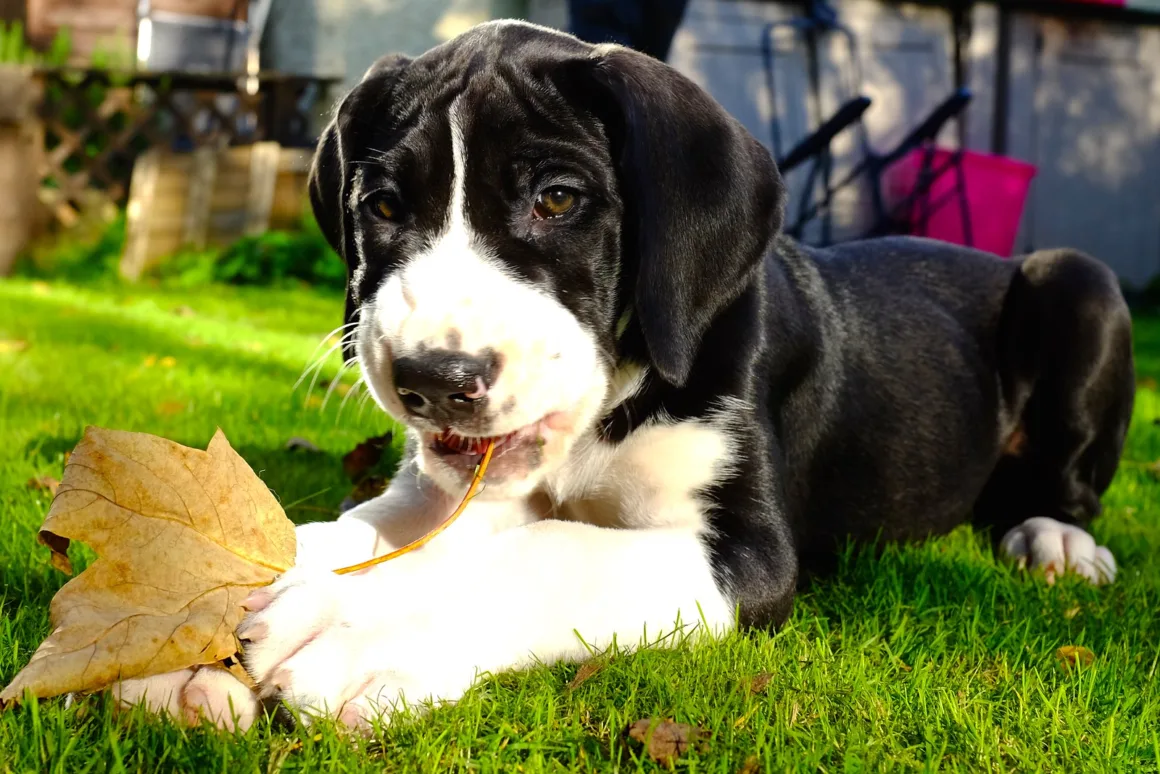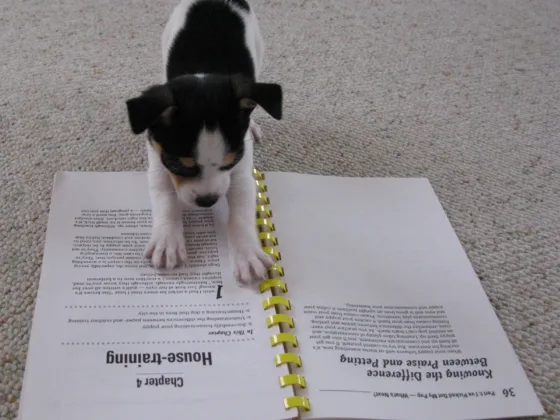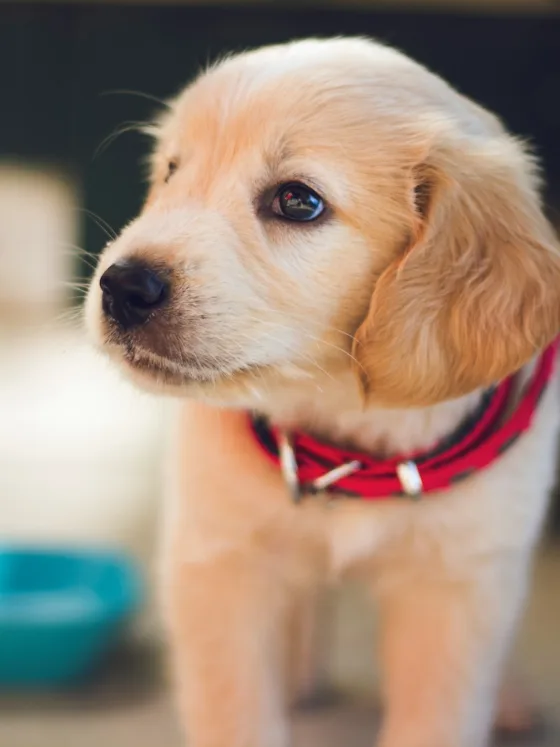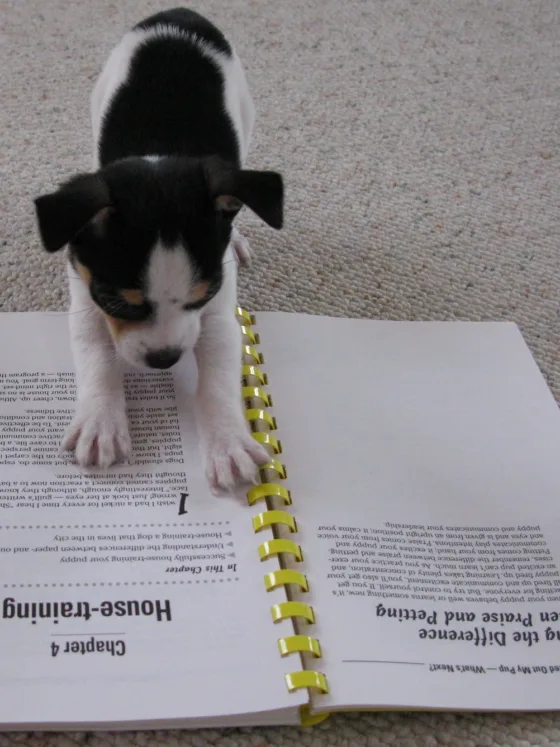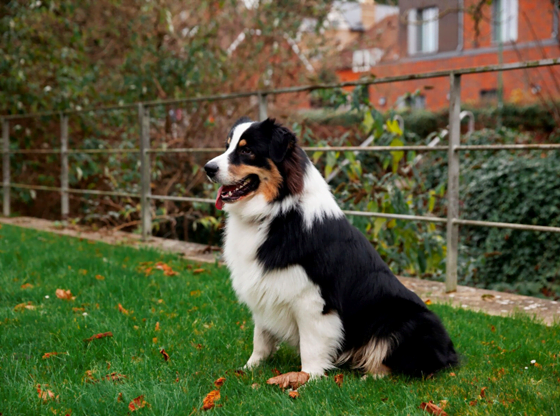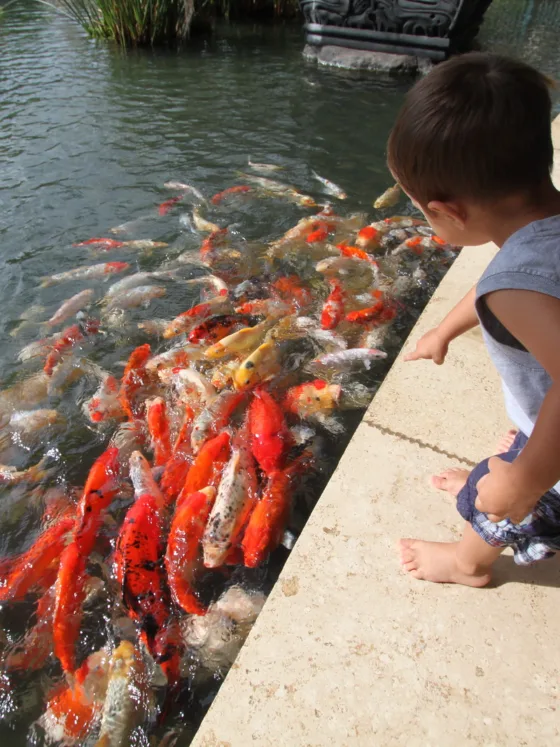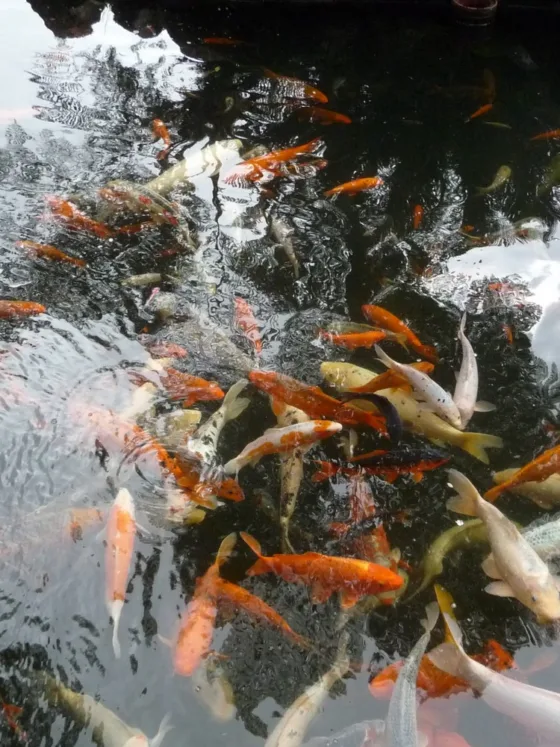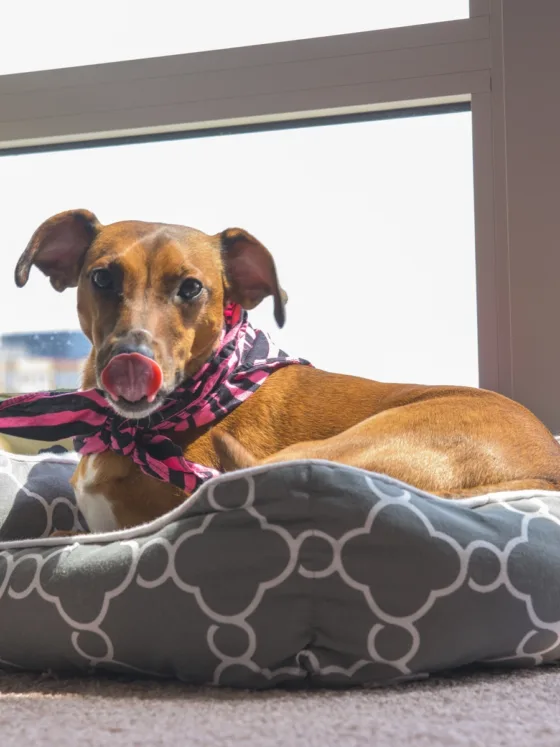Table of Contents Show
Potty training an 8-week-old puppy can be challenging, but with the right approach and a little patience, it is definitely achievable. In this article, we will provide you with some helpful tips and steps to make the potty training process easier for both you and your furry friend.
1. Get the Right Crate
A crate is an essential tool for successful puppy potty training. Make sure to choose a crate that is just large enough for your puppy to lie down, stand up, and turn around comfortably. The crate should provide a safe and comfortable space for your puppy to sleep and relax when it is not being supervised.
Related:
2. Supervise Your Puppy
When your puppy is outside the crate, it is important to keep a close eye on it. You can use a leash and collar or attach a bell to its collar to help you keep track of its whereabouts. If you notice your puppy sniffing, circling, or squatting, immediately take it to the designated potty spot.
3. Establish a Routine
Creating a routine for your puppy is key to successful potty training. Feed your puppy, play with it, and take it outside at regular intervals throughout the day. This will help your puppy learn when to expect food, exercise, and potty breaks. As a general rule, take your puppy outside every one to two hours.
4. Choose the Right Spot
When selecting a bathroom spot outside, choose an area that is easily accessible and clean. Opt for a spot that is away from distractions and has a consistent surface, such as grass or gravel. You can also use a cue word or phrase, like ‘go potty’ or ‘hurry up’, to signal to your puppy what you want it to do.
5. Praise and Reward
When your puppy successfully goes potty outside, make sure to praise and reward it. Use a cheerful voice, petting, treats, or toys to show your puppy that you are pleased with its behavior. This positive reinforcement will help your puppy associate going potty outside with receiving attention and rewards.
6. Establish a Signal
Teach your puppy a specific signal to let you know when it needs to go outside. This can be barking, scratching, or ringing a bell near the door. By doing so, your puppy can communicate its needs to you, reducing the chances of accidents or missed opportunities.
7. Use Potty Pads as a Backup
Potty pads can be a useful backup option when you are unable to take your puppy outside. They are absorbent mats that can be placed on the floor or in a tray. Potty pads are beneficial for puppies with small bladders, those living in cold weather or apartments, or for owners with limited mobility. However, remember that they should not be used as a substitute for outdoor potty training, as this can confuse your puppy and hinder its progress.
8. Be Consistent and Patient
Potty training an 8-week-old puppy requires consistency and patience. Avoid scolding, punishing, or rubbing your puppy’s nose in its mess if it has an accident. This will only make your puppy fearful and anxious, making the problem worse. Instead, calmly clean up any accidents with an enzymatic cleaner that removes the odor and prevents your puppy from returning to the same spot.
Conclusion
Remember that every puppy learns at its own pace, so be patient and provide positive reinforcement throughout the potty training process. With a consistent routine, clear communication, and plenty of practice, your puppy will soon become a potty-training pro. Good luck!
How we house-trained our 8-week-old puppy in three days – TikTok Video
@vigothetoller How we house trained our 8 week old puppy in three days #housetraining #housetrained #puppytrainingtips #puppytips #newpuppymom ♬ original sound – Vigo the Toller
